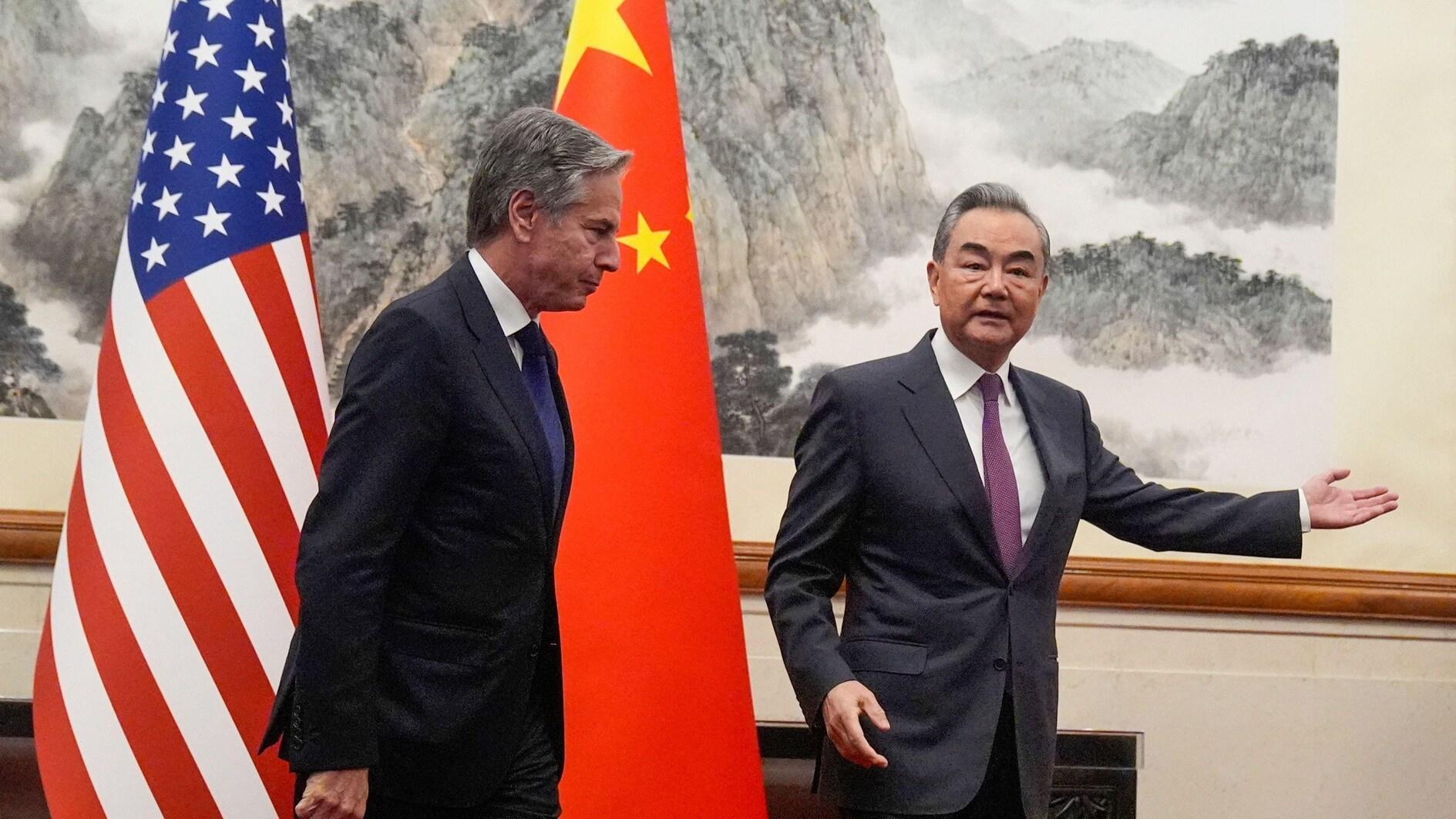A day in Beirut’s Armenian quarter
“You’re going to the Armenian quarter? You must be quite brave. They hate the Turks,” the owner of the car rental agency warns us.
I am in Beirut accompanying friends who wanted to make the most of the one day national holiday of April 23, providing an opportunity for a long weekend in Lebanon.
As I have been to the Armenian neighborhood in Beirut before, we obviously ignore the warning and head to Bourj Hammoud, first to find Restaurant Onno, which has been highly recommended by the famous chef Antony Bourdaine. After parking our minivan, the six of us start talking in Turkish, wondering which direction to go in. The people in the parking lot stare at us with a serious attitude.
Just as I start addressing them in English, one starts talking to us in broken Turkish. His family is from Adana and - just as most of the people we will meet - his grandparents fled Turkey during the tragic events in 1915.
It is not so easy to find the restaurant, so we have to ask a couple of times. Each time, when our counterpart understands that we are Turkish, they start speaking Turkish.
When we finally find it, we are greeted with an attitude typical of a small family run restaurant. The owner, Karnigue Nigolian, who cooks all the food himself, does not seem to run around trying to increase his number of new customers. There only effort is to please visitors with the excellent quality of the food. However, when he realizes we are Turkish, I sense the same feeling I got from the others we have talked to taking hold of him: this sense of awkwardness.
Probably, these are people who have been brought up to hate the Turks, and they must feel a strange dilemma when encountering Turks. Although Lebanon has become a very popular destination for Turkish tourists - especially after the lifting of visas (I could see lots of Turks like us in Beirut, who had just come to spend the long weekend) - Bourj Hammoud is not on the itinerary of their tour guides.
The food is exquisite and each time Karnigue Nigolian (whose grand father is also from Adana) brings a plate to the table we try to speak with him. But our conversations are short-lived. Yet, seeing that we enjoy the food and are having a good time, he offers us two different plates, telling us they are on the house.
I recall that it is the time of the year when Armenians commemorate what they call genocide. Lebanon has a strong Armenian community and genocide claims have already been recognized by the Lebanese parliament. Walking in the streets, you can see stickers with “Keep it clean” written on a picture, with the word “Turkey” thrown into a trash can.
Yet all those who I talked to who had not yet been to Turkey, including on my previous visit, told me that they wanted or were making plans to go there. I am sure they too have been watching Turkish soap operas, which are extremely popular in Lebanon as well.
One must admit that one of the best policy decisions of the current Turkish government has been the effort to lift visas with Middle Eastern countries. This will be an extra encouragement for Lebanese Armenians to come to Turkey. An increasing number of visits from the Armenian Diaspora, including from Lebanon, would certainly help heal the wounds.











